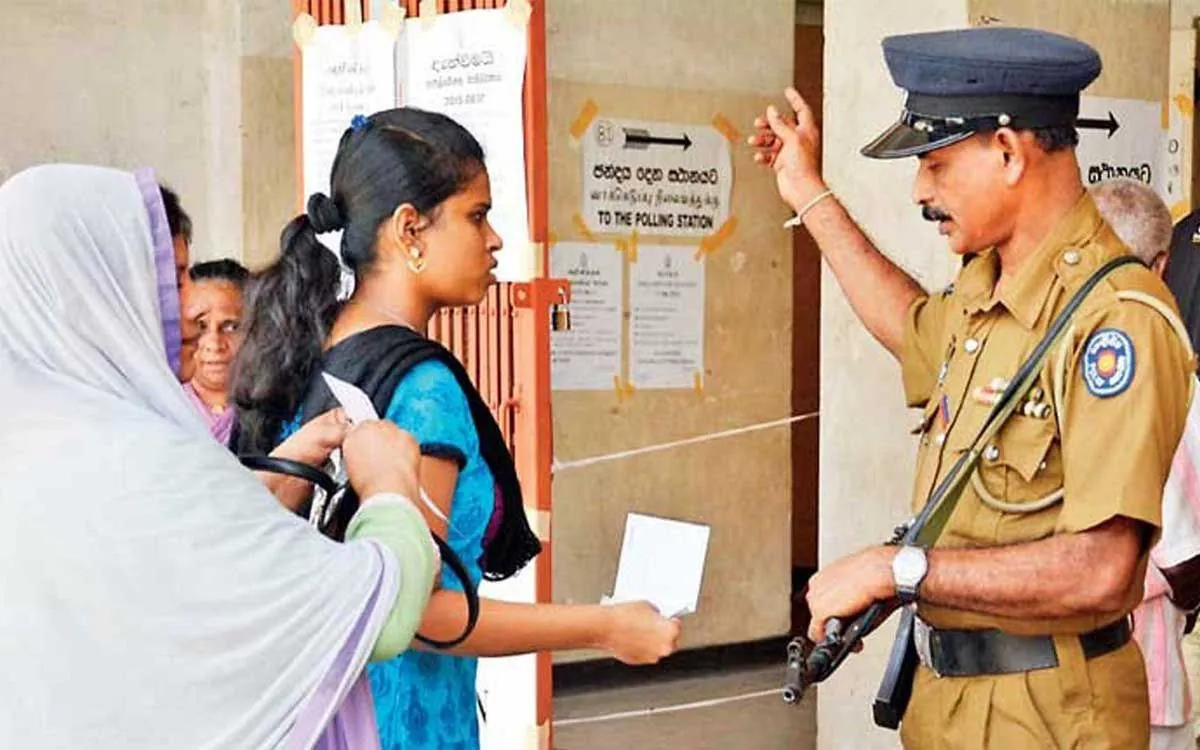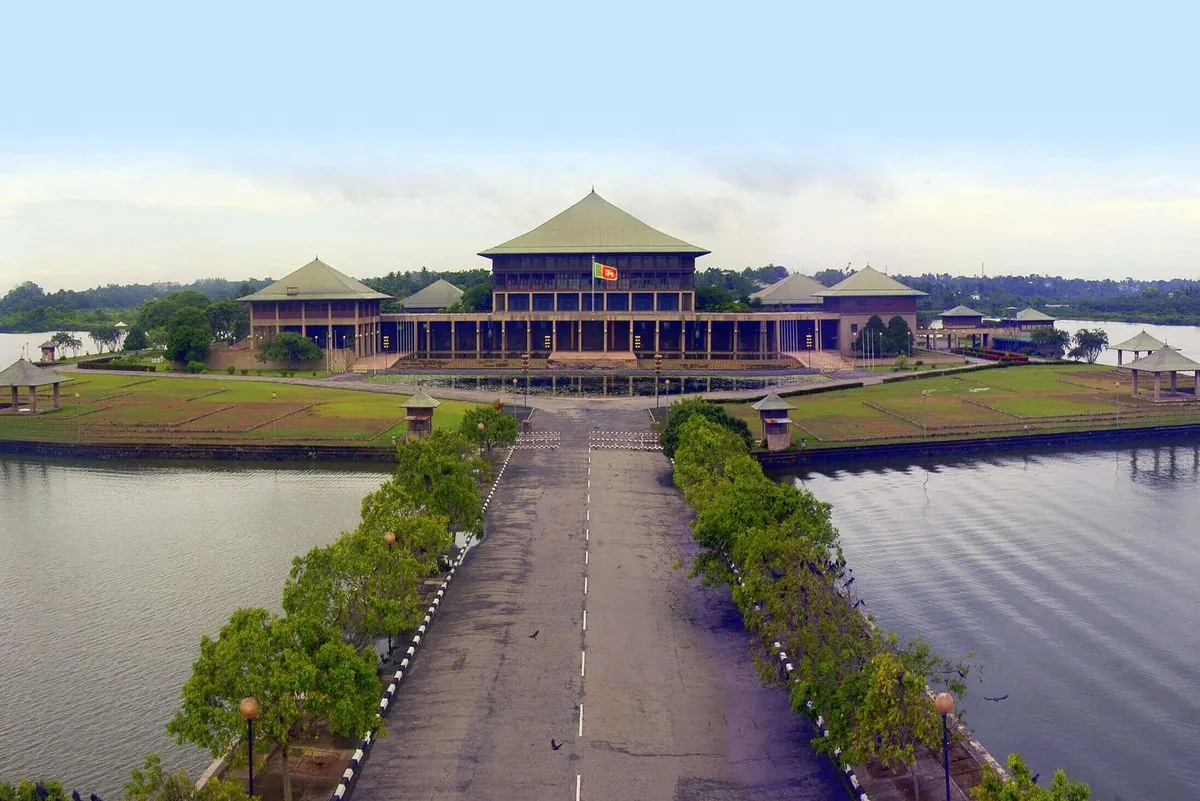Sri Lanka's Presidential Race: Women Absent Despite Historic Leadership
Sri Lanka's upcoming presidential election features no female candidates, despite women comprising over half the electorate. This absence highlights the persistent underrepresentation of women in the country's politics, despite its pioneering history.

In a striking development, Sri Lanka's upcoming presidential election, scheduled for September 21, 2024, lacks any female candidates among its 38 contenders. This absence is particularly noteworthy given that women constitute 52% of the country's more than 17 million eligible voters and make up a significant portion of the workforce.
The current situation stands in stark contrast to Sri Lanka's pioneering role in female leadership. In 1960, the country made history by electing Sirimavo Bandaranaike as the world's first female prime minister, predating more widely recognized figures such as Margaret Thatcher and Indira Gandhi. This achievement was further underscored when Bandaranaike's daughter also held the position three decades later.
Despite this early progress, women's representation in Sri Lankan politics has remained consistently low. Since the introduction of universal franchise in 1931, the percentage of women in parliament has never exceeded 7%. Currently, women occupy just 5.3% of the 225 parliamentary seats, a figure that has seen little improvement over the years.

The reasons behind this underrepresentation are complex. Nimalka Fernando of the Women's Political Academy points to the patriarchal structure of Sri Lankan political parties as a significant barrier. She notes, "The biggest block is men do not perceive politics as a space that should be shared equally with women." This sentiment is echoed by many women who have attempted to enter the political arena.
In 2016, Sri Lanka introduced a 25% quota for women lawmakers in an effort to address this imbalance. However, Harini Amarasuriya, a woman parliamentarian, argues that quotas alone are insufficient. She emphasizes the need for a more comprehensive approach: "For meaningful change, there must be an effort that actively brings women into politics and gets them involved in leadership roles."
The challenges faced by women in Sri Lankan politics are exemplified by the experience of Samudra Jayalath, a 61-year-old political worker. Despite winning a municipal election in 2012 and dedicating nearly four decades to various parties, Jayalath never secured a national position. She laments, "It's very hard for women to make it in politics unless they come from a political family. Parties only want women to fill chairs."
"You must have an inborn talent for politics. This system will not change unless we force it to change."
As Sri Lanka grapples with its worst financial crisis in over seven decades, the upcoming election is seen as crucial for boosting political stability and economic growth. The three main contenders - Sajith Premadasa, Ranil Wickremesinghe, and Anura Kumara Dissanayake - have varying approaches to women's issues in their platforms.
Sri Lanka's journey towards gender equality in politics reflects broader challenges faced by many nations. Despite having one of the highest literacy rates in South Asia and a life expectancy of around 77 years, the country struggles to translate these achievements into equal political representation. As the nation prepares for this pivotal election, the absence of female candidates serves as a stark reminder of the work that remains to be done in creating a truly inclusive political landscape.


































